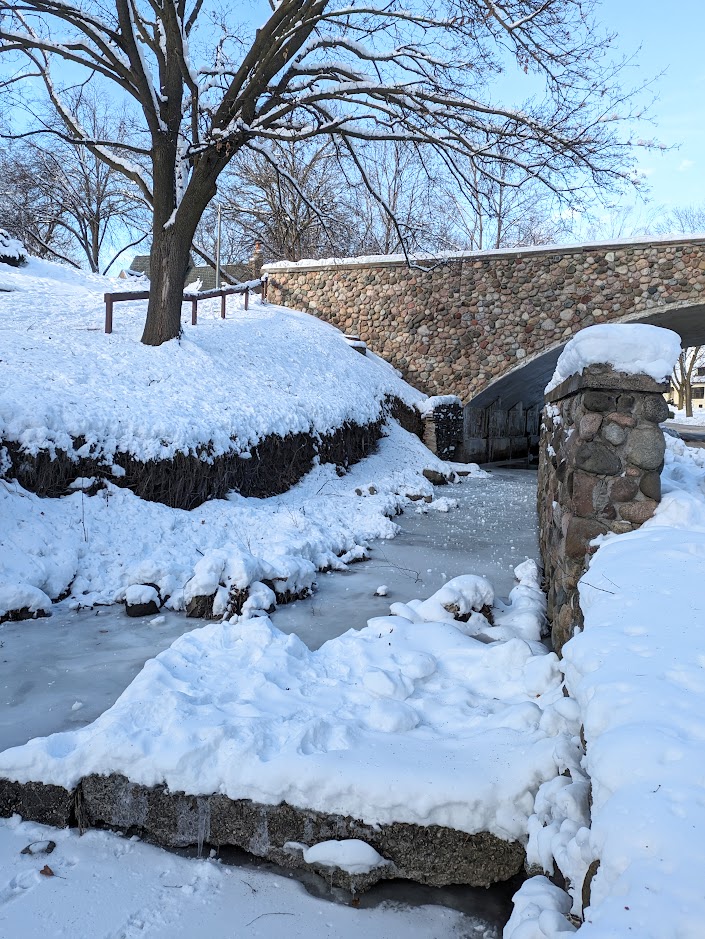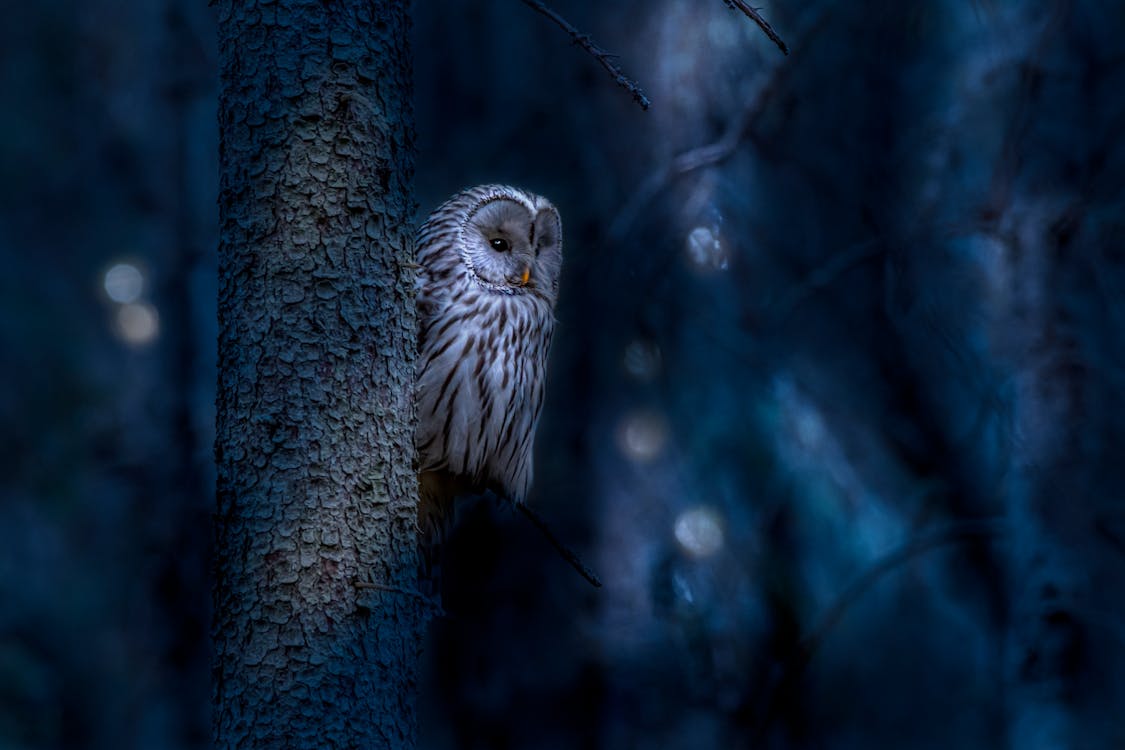Pleiades

On things that disappear
Recently I learned that nearly every culture has their own myth surrounding the Pleiades star cluster. Seven stars, for seven sisters. But in most of these stories, one sister became lost. Tens of thousands of years ago, seven stars were clearly visible, but now two have passed so close together that most people only see six stars. These stories are from a version of humanity that saw a different sky than the one we see now. We have lost the seventh star.
I drove my little sister to the planetarium today. The snow came down in massive chunks over the past week, cumulatively dumping an entire foot on the ground and making driving conditions into a hazardous adventure.
Seeing one's own hometown caked in this sort of splendor, with frozen clumps of ice hanging from small trees like sparkling glass ornaments, or the birch trees weighed down so much by snow that they bend over completely, really changes one's perspective. I feel a kind of giddy drunkenness seeing eight inches of snow sloping beautifully off a roof, like in a Swiss mountain village or like being inside a snow globe.
And yet this frozen beauty has two sides — one that makes you excited and joyful to see it, and the other causing damage as the weight of the snow causes massive branches from trees all along my street to split off and fall to the ground. The roads are several feet narrower from the snowplows having piled it all just off the curb, and it's both funny and stressful hearing the snow crunch as I cut corners pulling out of our driveway.
Once we got to the planetarium, out of the freezing cold, the show was very small. I could barely see any of the constellations the guide told us to look for until he pointed them out directly, and when he turned the lights dimmer and said "and this is the kind of darkness we see in the country," I realized I had never seen a sky with that many stars in it.
How much are we losing, or have we already lost, that our ancestors took for granted? Our ancestors called it the "Milky Way" because it looked to them as though a bottle of milk had spilled across the sky — that was how white our galaxy looked with all its stars. At the planetarium, even on the darkest setting, the Milky Way just looks like a faint, blurry smear of dark gray against the black.
Our ancestors saw enough stars that they used the night sky for navigation. Now, when I stand in Washington, D.C. and look up, I see a sky that is a muddy shade of orange. We have lost our collective cultural memory of that sky, too. "Number the stars" — now we can. I don't remember how many stars I tried to count as a kid—thirty-seven? Eighty? (The sky in my neighborhood was darker then), but the constraint was only that I lost count, not because there were too many. Our context for the world, our landscape that we live in, is completely different from the world our ancestors lived in. That world has been lost.
How long before we lose the ability to see any stars at all?

Light pollution is a real issue. It affects nocturnal species, as small mammals that come out at night stay hidden because they think it's still not dark enough for them to feel safe. The ones that do come out are swiftly eaten by predators that now have enough light to see them. Animals can't rest because of light pollution, which means their bodies stop being able to recover as well from injuries. Frogs that croak at night as part of their mating ritual stop doing that, causing their populations to shrink drastically since they can't reproduce. Light pollution is killing animal species and it is taking away the stars, one of the few pieces of culture we share as members of planet earth.
Even the snow, are we losing the snow? With climate change progressing as it is, the polar vortex has visited my home state twice in the last three years, which isn't normal. These kinds of disruptions, these consistent arctic blasts, are bumps on our way to a warmer and more chaotic future. Are we moving towards a world where there will be no snow? Are these the last blizzards, the last snow-caked fantasias my hometown will see?
How long is it, until the world we live in becomes completely unrecognizable to those who walked here before? Before snow and stars become like the seventh Pleiad sister, just a part of our mythology? Something that was here, once, but then was lost?